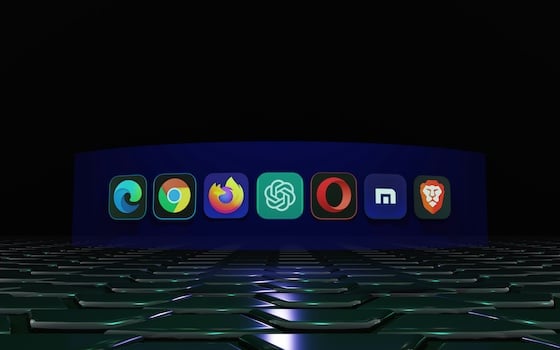In this edition of Localogy’s Local Radar, we examine newly funded companies Pickpad, Hyperline, and Hippocratic AI
1. Pickpad
SMB operational tech doesn’t always have to be software. Sometimes it comes in atoms rather than bits, as seen from a few SMB-focused legends historically, such as Square and OpenTable. This hardware approach is the case with Pickpad, a device from a Chicago startup of the same name. It’s built for SMB coffee shops or restaurants where you order and pick up from a counter. The modular smart pad connects directly to POS systems to display customers’ names on its base. The idea is to streamline order fulfillment and empower customers to self-identify without store associates having to write names on cups or yell out names. The result is better operational efficiency, customer care, and a tech-forward design twist. The latter comes through in the sleek persona that the device bestows on any coffee shop that uses it. As for pricing, Pickpad offers a hardware-as-a-service model (HaaS) at $9-$19 per month per pad. That range is based on the number of pads used and whether the SMB chooses monthly pricing versus committing for a year. The price comes with support in either case. Next, Pickpad wants to expand into other formats, such as larger shelving systems or cubbies, catering to different types of restaurants and pick-up modalities. The company made its debut at CES last month and is currently under a pilot at a Chicago-based cafe. If all goes well, you may see it soon in a coffee shop near you.
2. Hyperline
One of the areas of SMB SaaS that’s had the greatest impact over the past decade is software that democratizes payments and eCommerce. That’s the case with software such as WooCommerce and sites/services like Shopify. Hyperline wants to bring that concept to the ever-growing area of online subscriptions. Carrying an additional level of complexity, these involve more than just one-time purchases but recurring payments and service levels (e.g., premium content access) that are tied to transactions. That introduces greater complexity but when done right, advantages include recurring revenue and fewer manual billing headaches. Those headaches are barriers to scalability as small businesses and creator-economy entrepreneurs grow. The name of the game is automation. The name of the game is also integration, which Hyperline takes to heart in its CRM plugins. This lets companies connect their sales pipelines and conversions directly to subsequent transactions. Another key point of integration is with accounting software so that bookkeeping and reconciliation can be in sync. Beyond these pre-built integrations, the company also offers an API so that a wider range of open-ended system synchronization is possible. Hyperline used this value proposition to land a recent $10 million funding round from Index Ventures, some of which it will use to grow from 14 people to a goal of 25 in 2025.
3. Hippocratic AI
Agentic AI is all the rage these days. And a subset of that broader opportunity is in tools that let businesses build their own agents. This involves a customization and training process so that AI agents can effectively do their thing and develop expertise on internal data, procedures, and content. When done right, the result is the ability for small companies to scale their capabilities far beyond what their human capital could otherwise do. Considering that impact, the opportunity has the highest stakes in resource-constrained verticals like education and healthcare. The latter is where Hippocratic AI plays. Its AI agents handle non-diagnostic patient-facing interactions. That includes administrative tasks, billing, appointment management, and all those little things that eat ample resources in any medical practice. The idea is to empower existing staff by making them more productive, while also covering gaps in under-resourced businesses. Given the size of this opportunity, Hippocratic AI just raised a monster $141 million round led by Kleiner Perkins. This comes just nine months after a $53 million round from General Catalyst and Andreessen Horowitz. Meanwhile, the company is on a roll considering signed contracts with 23 health systems and insurers. It will use its cash infusion to expand into new healthcare markets, and geographically.
Header image credit: Nathan Dumlao on Unsplash



